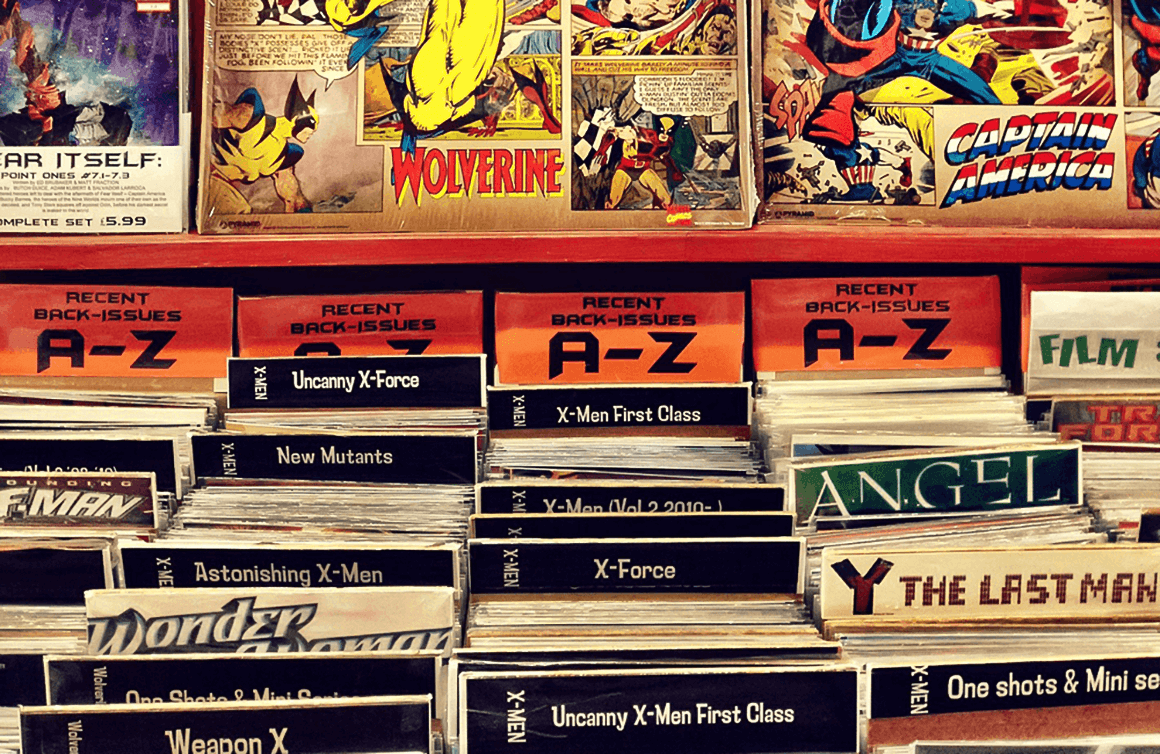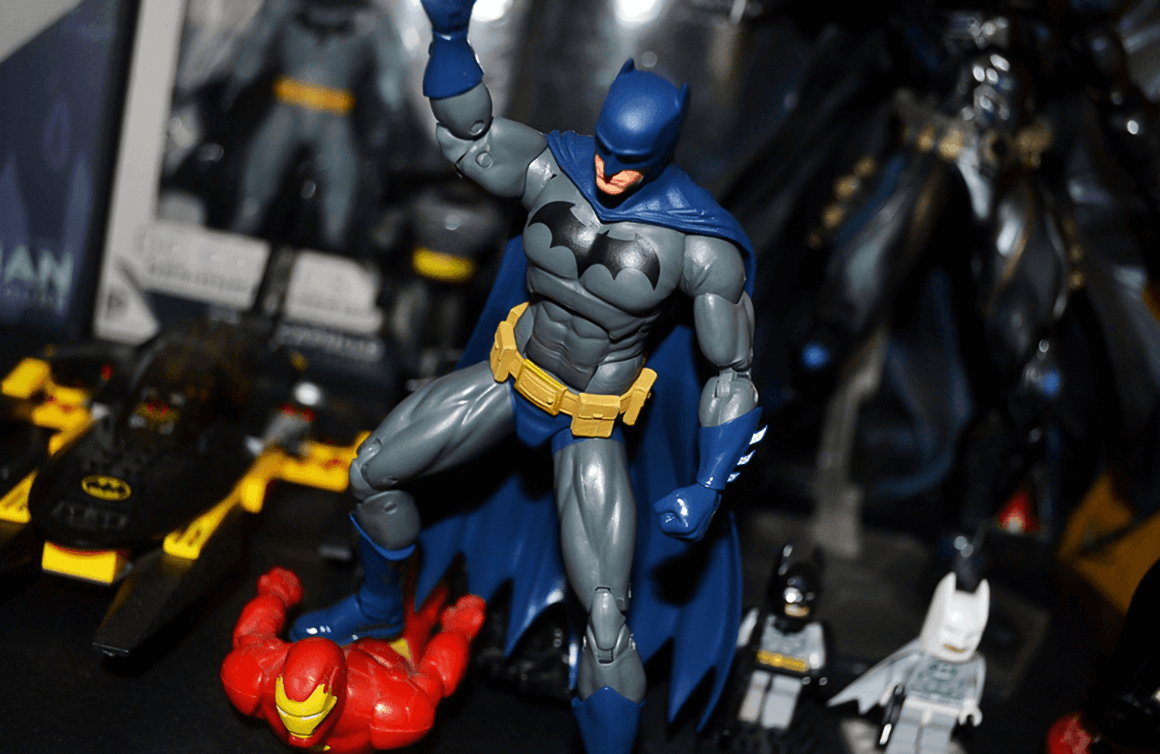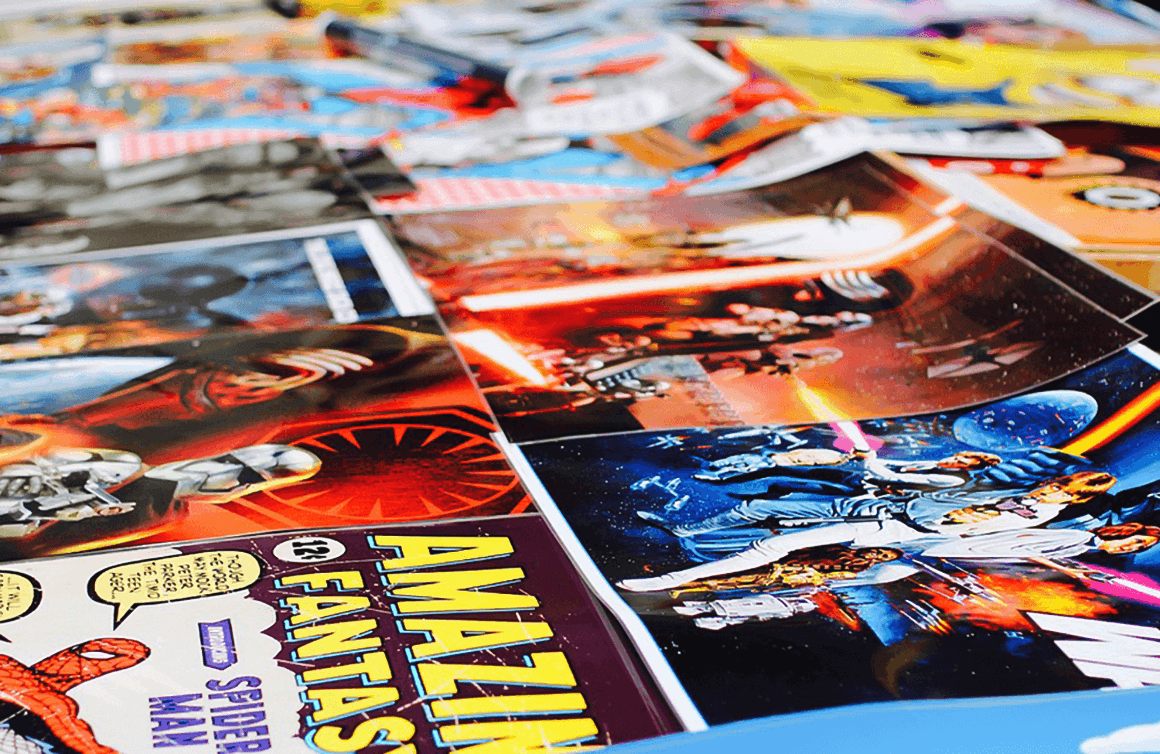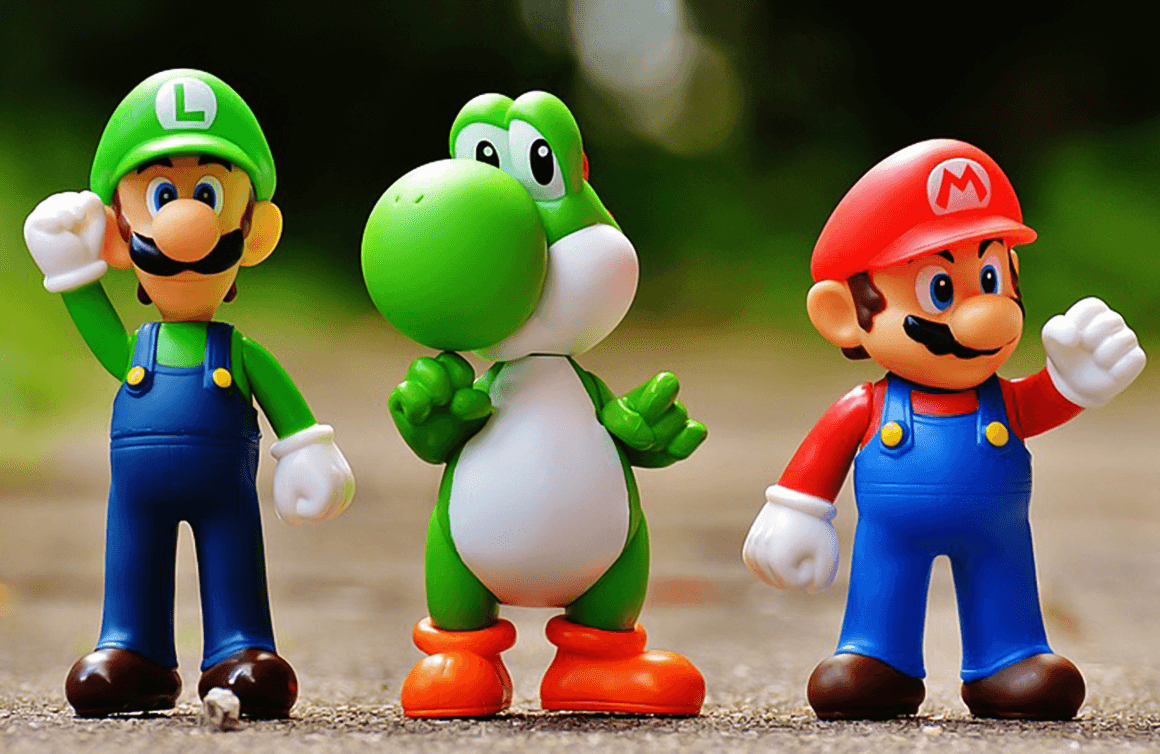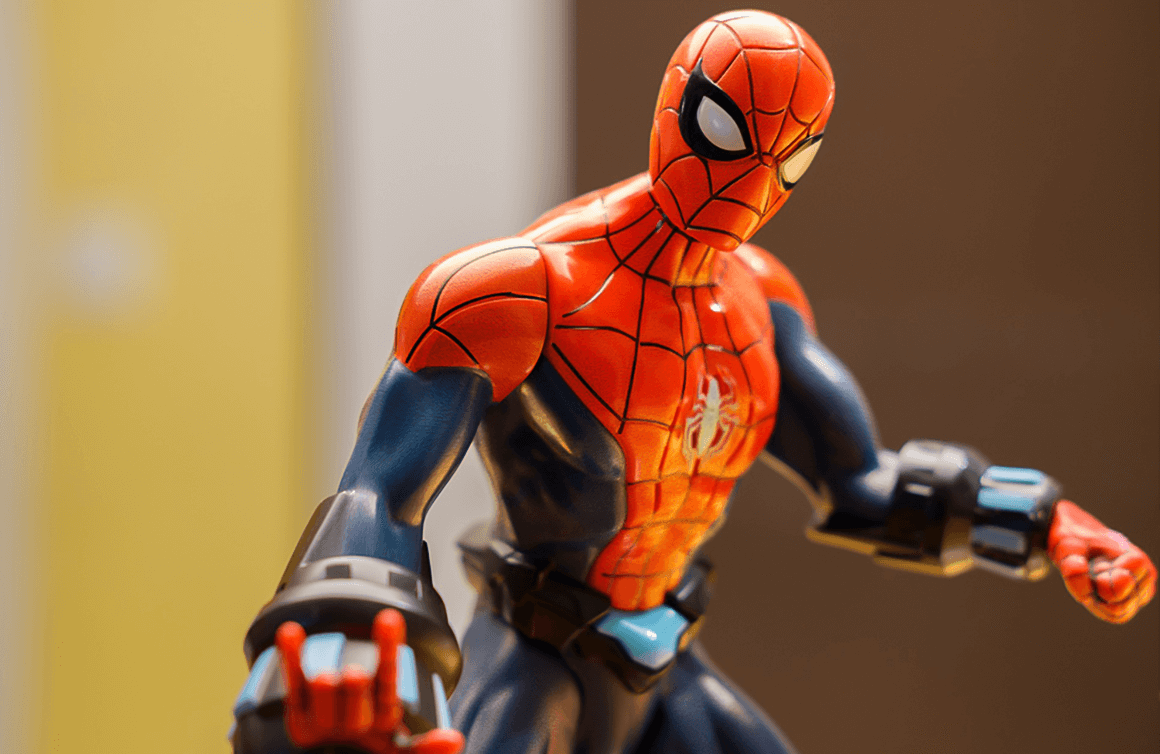What is your definition a “geek”? What traits does a person possess to be included in geek culture?
That’s one of the questions I was asked most during the writing of the book. The bad academic answer is that it’s much more complicated than it seems, but there are three ways we could try to answer it:
Pop culture stereotypes – The sometimes unflattering portrayal of individuals that we see on television and in movies: people with asthma and bad social skills.
The “stuff” and the “things” – Geek culture is a collection of things: comics, graphic novels, games, Comic Con events.
Engagement – This takes the form of real and virtual communities, spaces, practices, and conversations.
In my view, option one doesn’t get us far. The images in pop culture aren’t how any of us really live. Neither are the things alone definitive. It’s the engagement with and around geeky things makes them significant. So, if you participate in these spaces and practices definable way, you are part of the culture.

You talk about “tokens of belonging”. What is their role and why are they are important?
Tokens of belonging are signals to other people of who you are, what you’re about, and what you think is meaningful. They are important for many reasons but mainly they help identify people within a specific culture. Common tokens of belonging in geek culture include t-shirts, laptop stickers, and collections of objects; these are signals to your people and invite conversation. It’s a beautiful thing, really. The desire to connect is a fundamental human impulse.

Is Getting a Life written for geeks or for those outside of the subculture?
I would like to think it’s operating on a few levels. It’s written to give geeks a different perspective on their own culture and to see their community in a different light. It’s written to give the general public a look into a culture that’s dominating television and movies through blockbuster fantasy/superhero movies and growing Comic Cons. Lastly, it’s to offer my academic peers a better understanding of the role of media in our everyday lives.

Geek culture doesn’t seem to be losing any momentum. What does that say about the times in which we currently live?
That’s an interesting question. Will superheroes be like zombies were a few years ago and fall away? Another question to ponder: is there something about the genre that speaks to us right now? The news is mostly bad so many people want an escape from that reality. It’s nice to think there’s someone out there who can protect us and save the planet. That’s a purely escapist view. The other thing to consider is that the superhero and fantasy genres are able to take utmost advantage of special-effects technology in a way that other genres just can’t. And I think as people are exposed to geek culture, many become part of it, and they are pulled into fandom. It’s about that feeling of belonging and community that many people desire.

You’re taking the lead on an initiative called Comic Cons Research Project. Will your findings be turned into your next book?
I consider the project to be the spiritual successor to Getting a Life: The Social Worlds of Geek Culture. The project team’s goal is to discover and share how the Comic Con sector operates in North America. We want to identify the various models used to create and organize events of this type and uncover how Comic Cons intersect with other industries. From there we will share our findings with various stakeholders in anticipation that they will use the data to further enrich the culture of their towns and cities. Comic Cons and similar events draw a lot of visitors and those visitors spend money on hotels, food, merchandise, etc. We want event organizers to know their value and evolve how they conceptualize themselves. It’s fascinating work. It’s still a relatively new project so it is too soon to say if a book will be one of the outputs.

Getting a Life: The Social Worlds of Geek Culture is available now. Visit benjaminwoo.net to learn more about his work.



